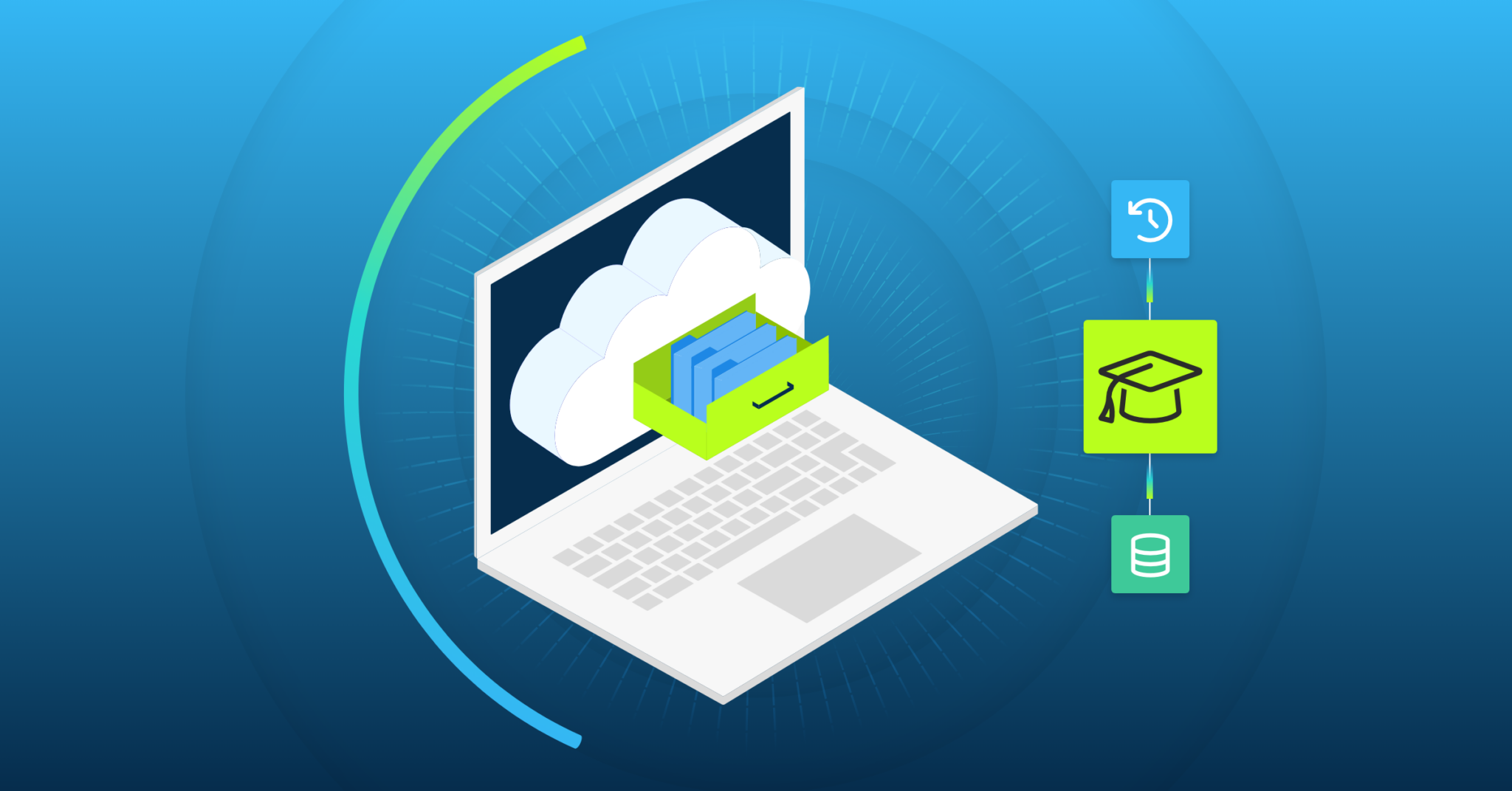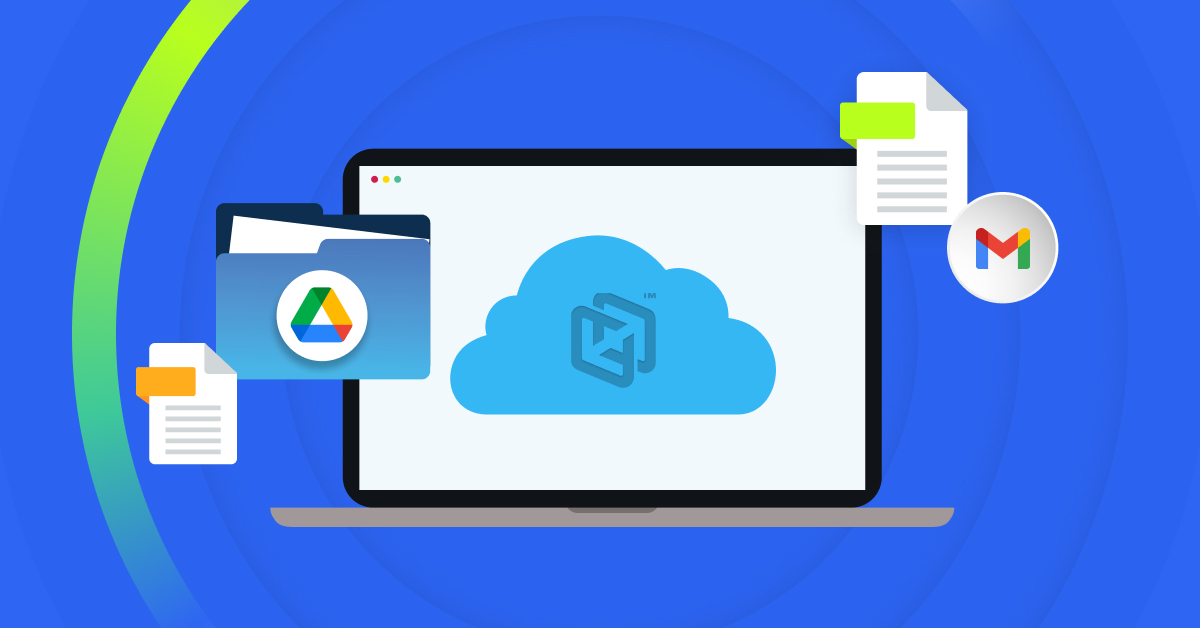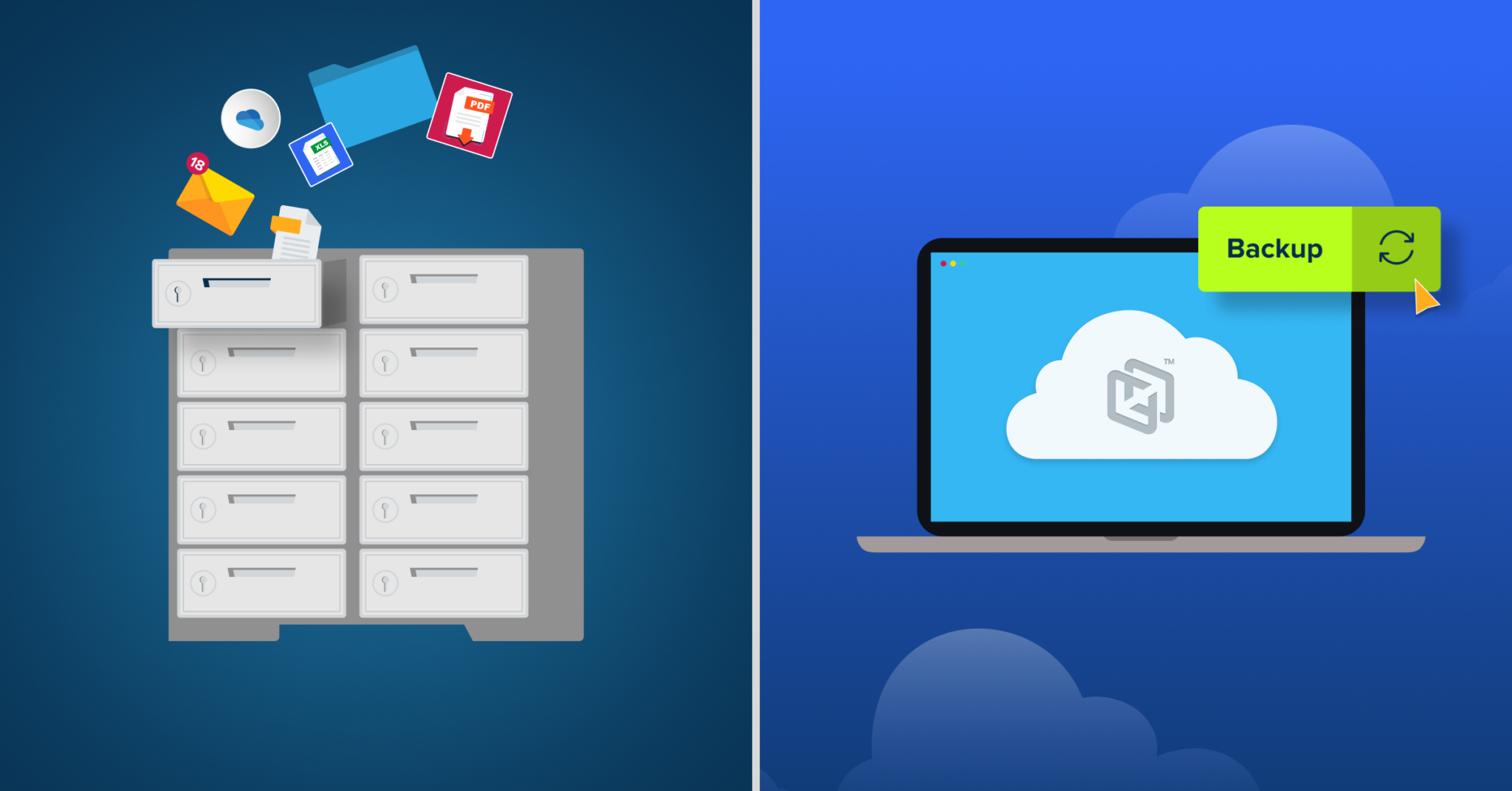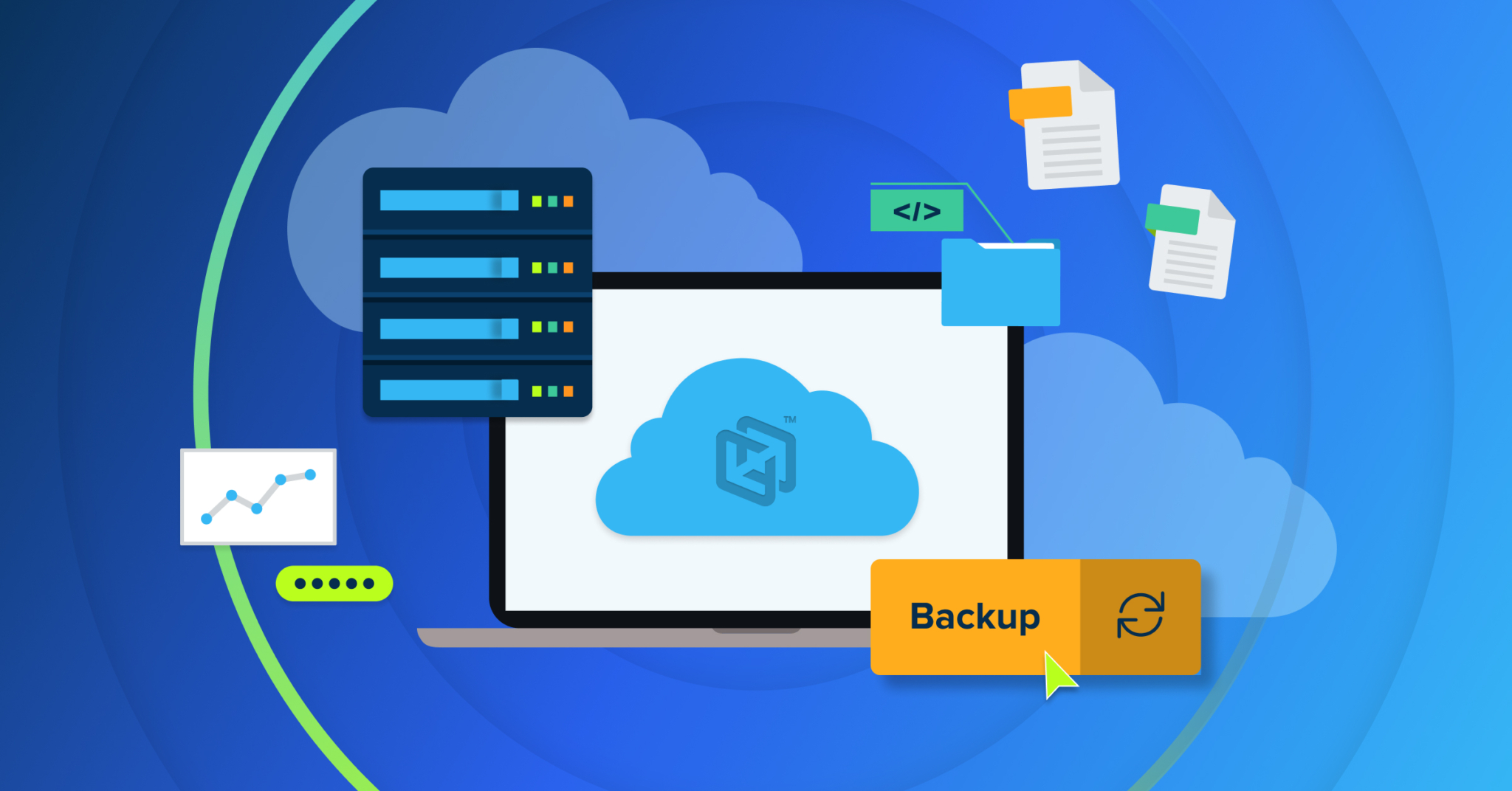
Whether it’s data for faculty, staff, students, or applicants, universities have to store a great deal of important data on their network. Everything from research findings, payroll information, and student records are necessary information that require safe storage on a university’s devices and networks. Since this data has to be protected from data loss and malware attacks, universities often keep copies of their data in various on-site and remote locations.
As you try to protect your university’s data, it’s essential to understand the need for secure backups, how universities tend to back up their data, and the importance of partnering with a secure cloud data backup provider.
Why Are Higher Education Data Backups Important?
If a data loss event occurs at your university due to a natural disaster, user error, or equipment failure, essential information can be lost. When this lost data isn’t backed up on a secure cloud, you’ll have to spend a great deal of time recreating it.
Besides the danger of data loss and the time it can cause your faculty, staff, and students to lose while they rebuild lost files, universities without data backups are more vulnerable to ransomware attacks. Secure cloud providers reduce the threat of ransomware by storing a university’s data in a safe off-site cloud location. If a ransomware attack infects your university’s network or devices, you won’t be tempted to pay the ransom, as you can restore all the stolen data from the off-site cloud once you’ve removed the ransomware.
Universities must also follow various regulations for university data protection and privacy, such as FERPA, HIPPA, and PCI. A secure and compliant cloud backup provider can help universities meet these regulations while protecting data from cyber-attacks and other data loss disasters.
How Do Universities Backup Data?
Due to the need to securely store data from various parties, universities follow various protocols. Some may only keep copies of files on their college’s servers, while others might store copies on a cloud service provider’s cloud. While universities’ approach to backup varies, the most secure universities will follow the 3-2-1 backup rule.
When a university follows this rule, they’ll keep three copies of data on two different media types, with one of the data copies stored off-site in a secure location. With this backup model, you’ll have a copy of a file on an endpoint device, such as a computer, and another copy stored on a local backup drive. Finally, you’ll need a cloud backup provider to store a third copy in their cloud to ensure natural disasters, user error, or malware at your university don’t result in total data loss of the file.
How Do Universities Choose a Higher Education Cloud Backup Provider?
As you implement the 3-2-1 rule, selecting a reliable and secure cloud backup provider is crucial. Some of the top questions college administrators should ask before picking a cloud backup provider include:
1. Is the Higher Education Cloud Backup Provider Secure?
The whole point of utilizing a cloud backup provider is to keep your data secure in an off-site location in case a data loss event occurs at your university. A cloud provider that doesn’t keep your data safe in transit and at rest won’t provide the security required to fulfill the final step of the 3-2-1 rule. While looking for a secure cloud provider, ensure the provider follows SOC1, SOC2, and ISO27002 security assurance requirements while also offering security features like layered data encryption, role-based access control, and multi-factor authentication.
2. Does the Higher Education Cloud Backup Provider Offer Frequent, Automatic Backups?
With so many documents and files being created every day at your university, it’s crucial for your provider to frequently back up your files without impacting your system resources. When a recovery point objective is set to 24 hours or longer, it can lead to your university losing a huge amount of data. Consequently, it’s typically recommended to back up all your files every fifteen minutes. With frequent backups, your university files will be protected against costly and time-consuming data loss events.
3. Does the Cloud Backup Provider Comply With Higher Education Regulations?
Since universities must follow various data protection and privacy regulations, a cloud backup provider should have the capability to meet all of them. A cloud service provider that meets these regulations ensures you’re properly protecting sensitive financial, personal, medical, and academic information. Besides protecting this data, it guards your university against lawsuits and legal action due to improper data storage.
4. Does the Cloud Backup Provider Offer Unlimited Storage?
With the sheer amount of data storage required by a university, it’s important to choose a provider with unlimited data storage and unlimited versioning. Since your data storage needs will continuously rise over the years, you don’t want to run out of backup space or have to pay for a higher tier of storage. A provider with unlimited storage ensures your university never goes without backups due to a lack of space. It also means you won’t have to delete potentially important files to make room for new ones or be unable to roll back to older versions because they’re past a limited retention period.
5. Can You Prioritize Files by Importance for Backup?
Your university’s files will have varying levels of importance, and any cloud backup provider you select should let you classify files by importance. When your cloud provider allows you to classify files, you can make sure your most important files are backed up first. If a data loss event occurs, this file prioritization reduces the risk of losing essential files that you can’t afford to lose.
Choose CrashPlan for Higher Education Cloud Data Backups
As a leading cloud backup provider for universities, CrashPlan is proud to automatically back up and securely store data from many universities in our cloud. With seven out of eight Ivy League schools trusting us for continuous and automated protection of files across their endpoints, we’re confident we can handle all your cloud backup needs. Alongside offering automatic backups of all your files every fifteen minutes, recovering data from our cloud is fast, and our various security features and settings make it easy to comply with university data regulations.
Learn more about our higher education endpoint cloud backup solutions today. If you want to see how easy and secure backing up your university’s data is with CrashPlan, please sign up for a free trial.





